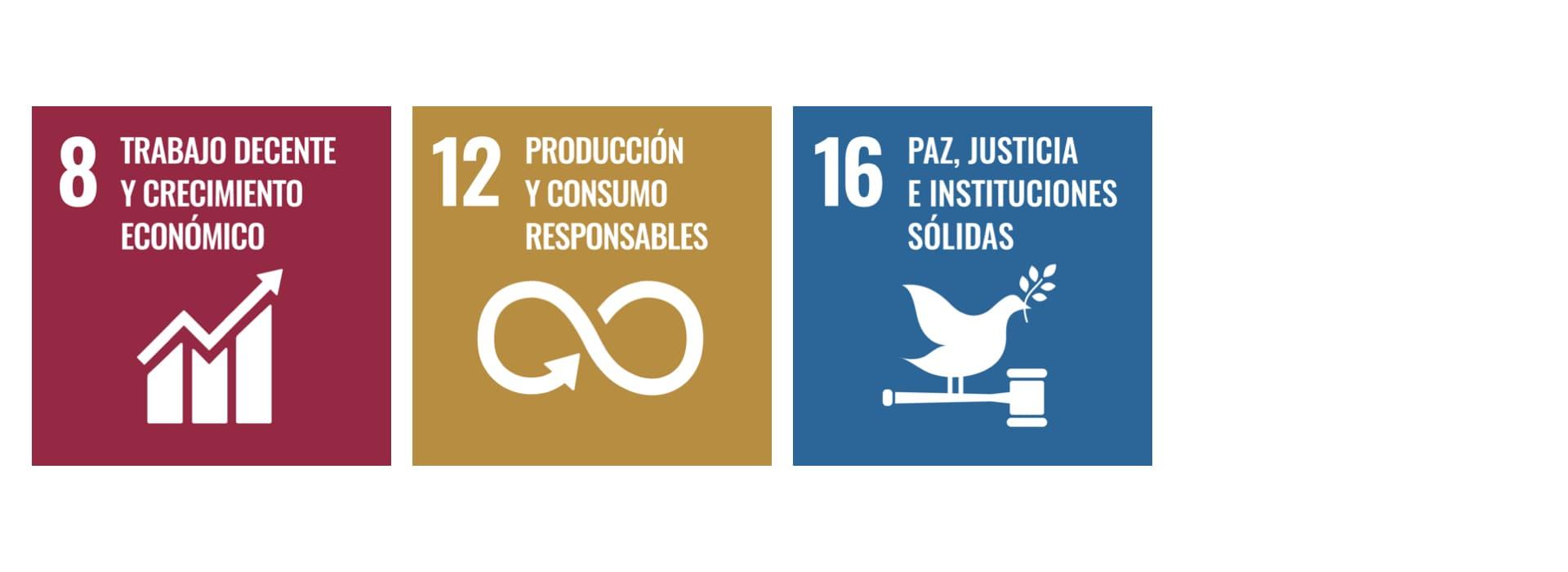
- About UPF-BSM
- Programs
- Faculty and research
- Companies and Organizations
- News & Events
The never-ending road to sustainable people management
4 Enero - 2022
Nia Plamenova
Lecturer in the Master's Degree in Human Resources
__
Integrating sustainability into Human Resource Management (HRM) was a necessity even before COVID-19 induced a transformation of work. The pandemic has, however, re-shaped many businesses and some refer to the current environment as BANI (Brittle, Anxious, Nonlinear, and Incomprehensible).
While we have yet to see what a “post-COVID” world looks like, new technological developments keep emerging with long-term implications for employees, HR practitioners, and leaders. Hence, sustainable people management needs to be constantly and consistently re-imagined.
Integrating sustainability into Human Resource Management was a necessity even before COVID-19 induced a transformation of work
From the point of view of employees, sustainability is challenged by the reshuffling of priorities throughout the pandemic. This is exemplified in the Great Resignation (USA), where only in July 2020 over 4 million people quit their jobs. Despite the exaggerated media coverage of the phenomenon, it’s undeniable that automation and remote work have affected people’s relationship to work all over the world. Raymond Torres, Director for Macroeconomic and International Analysis at Funcas, called it “the great re-thinking of work”.
Employees' needs
Within the particularities of each organization, employers need to check (instead of assuming) what their employees consider to be a sustainable future. For instance, flexible remote work is commonly assumed to be welcomed, but more specificity is necessary: for whom does it work best and worst? How do we measure the effect on performance? Where is the inflection point where flexibility starts to bring more harm than good? What needs to be changed in management for optimal results?
Other sustainability issues of remote work are that:
- Flexibility and autonomy are not the same thing
- Remote work's impact on communication changes organizational culture, with unknown long-term consequences
- Relationship between remote work and work-life balance is different for every worker.
Remote work is just one aspect of the employee experience, yet it illustrates the complexity of pursuing sustainability, complicated further by legal restrictions, and antiquated mindsets.
To address the numerosity of unknown variables, it’s vital that employees’ perceptions are researched carefully when designing sustainability policies. Individualized commitment to employees tends to be reciprocated through conductive work behaviours and less turnover, both necessary for sustainability.
It’s vital that employees’ perceptions are researched carefully when designing sustainability policies. Individualized commitment to employees tends to be reciprocated
From the point of view of HR practitioners, a long-standing trend is to promote employee well-being, yet in practice most organizations fall short, because doing so entails sacrificing financial gains. Sustainability requires that employers expand their role in employees’ financial, physical, and mental well-being, by making the employee experience more central (e.g. enhanced sick leave, adjusted working hours, and facilitation of childcare). The question is how to balance the duality between having consistency of HR policies while simultaneously differentiating between the employee groups and their needs.
In addition, sustainability requires an incorporation of green HRM, raising awareness of work’s ecological impact and the role of employees in implementing green practices (easy to lose sight of). Encouraging employees to work from home or use ecological means of transport is not enough – people management practices need to show (not tell) employees there is real commitment to sustainability. It needs to be obvious to stakeholders that the organization is walking the walk as well as talking the talk.
Sustainable leadership
As for leaders, generally, their role has been vastly exaggerated. Currently, however, a leader is indeed of major importance: during turbulent times people tend to consolidate around an axis of leadership. Sustainable leadership has been defined around seven principles:
- Facilitating continuous learning
- Securing success over time
- Sustaining the leadership of others
- Addressing social justice
- Developing (rather than depleting) human and financial resources
- Developing diversity and capacity
- Engaging in the preservation of the environment
Many models have been considered as “ideal” for sustainability, such as situational leadership, service leadership, transformative leadership, and the leader-coach model. However, an integration of elements from all these may be too much to ask and an interesting question has emerged, both in academic literature and in practice: should we split the leadership role in order to improve sustainability? Do we need one role related to the technical, hard aspects of management, and a different one for the soft, social aspects?
Should we split the leadership role in order to improve sustainability? Do we need one role related to the hard aspects of management, and a different one for the soft aspects?
What is clear is that predicting, and directive management needs to give way to probabilistic thinking, planning for various scenarios and accentuating resilience, using iterative processes where new policies are rolled out quickly so that kinks can be worked out, and the policies can be reinvented with the aim of sustainability. Finding the balance here is key: providing enough time for new sustainability policies to be implemented but not too much time which allows useless practices to carry on far too long.
Combining green, social, and economic HRM and balancing them is the major challenge for sustainability. On the bright side, the pandemic may have propelled sustainable people management, by altering communication dynamics and accentuating the centrality of employee well-being.
